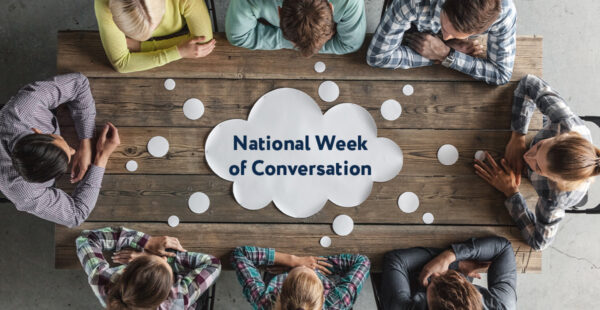You know, we should run the government like a business. If you’ve ever found yourself in a discussion about the state of American affairs, you’ve almost certainly heard this notion at some point. This idea tends to come from a well-intentioned place; often, it’s offered as a remedy for what might seem to be an oversized and inefficient government bureaucracy. Applying some good old-fashioned business acumen to public affairs can sound attractive: Ask 10 Americans if they favor a higher grade of administrative excellence and accountability in government, and 11 will say yes.
The notion also tends to gain traction in times when satisfaction with government is on the decline. One of its first notable advocates was Woodrow Wilson when he was a professor of political economy at Princeton. In 1887, sitting snugly amid the Gilded Age, the future president posited that certain administrative and management principles were unchangeable and universal, regardless of their context. Public sector, private sector, it didn’t matter – run government like a business. Later researchers, observing the vast differences in the ways that such principles had to be applied between the private and public entities, largely discredited Wilson’s theories. By that point, however, the notion had taken firm hold.
 It should go without saying that government is not a business. Its purpose, priorities, and methods – protecting rights, upholding the rule of law, keeping citizens safe, and providing public services – differ greatly from that of business (profits, shareholders’ interests, creating more customers). Still, Americans seem to learn and relearn this lesson through the ages. Sure, the two sectors intersect at a few key points. But their fundamental disjunction is proof that often, what is popular in theory doesn’t pan out in the real world.
It should go without saying that government is not a business. Its purpose, priorities, and methods – protecting rights, upholding the rule of law, keeping citizens safe, and providing public services – differ greatly from that of business (profits, shareholders’ interests, creating more customers). Still, Americans seem to learn and relearn this lesson through the ages. Sure, the two sectors intersect at a few key points. But their fundamental disjunction is proof that often, what is popular in theory doesn’t pan out in the real world.
It’s worth noting that no matter what the argument to strengthen our democratic society might be, our free-market, capitalist economy is always a factor. It’s always looming in the background and, often, it’s right up front. This helps explain the staying power of You know, we should run the government like a business, and more importantly, it highlights one of its most persistent side effects: The idea that if the country is a business, then we must be its customers.
This is not a productive mindset. “Consumer sovereignty” – the idea that the customer always knows best, that everyone should act in their own self-interest, and that ultimately, patriotism is measured by spending – puts our individual ledgers out of balance. That is, in our democratic republic, a citizen must not only have the right to be but also carry the responsibility to do. And this can’t be done only by consuming goods and services.
We recognize this is not easy in today’s world, especially when considering that the forces of marketing and competitive politics have coalesced into an ever-encroaching daily influence in our lives. This omnipresent force dominates our very concept of the country, not to mention our individual places in it. Political parties and candidates, with terabytes of market research at their disposal, bombard us with increasingly granular, polished messages delivered by sophisticated algorithms. News media, once comfortable as loss leaders, now present their journalism as content for profit, and consider viewers “news consumers.” It’s no wonder, then, that we increasingly expect our candidates to be precisely tailored to fit our every personal opinion and taste as if built a la carte for us in every conceivable way.
After all, we are the customers. This is what we demand.
Yet, “democracy is not a synonym for the marketplace,” political theorist Benjamin Barber once wrote. “Consumers speak the divisive rhetoric of me. Citizens invent the common language of we.” Active and informed citizenship is necessary to fill the vacuum that consumerism leaves in our public sphere. Otherwise, it will be filled by all kinds of other forces positioning themselves for control over our society.
To strengthen our democracy, we must first strengthen the citizen side of our individual ledgers. That requires the recognition that our world is networked, interrelated, and interdependent. It requires the understanding that our democracy – just like our economy – is a complex, adaptive system in which all acts, large and small, accrue. And it requires us to acknowledge that mutual trust and confidence in one another, not dollars, is our most powerful currency.
By focusing beyond narrow self-interests and considering how our greater society can benefit, we can claim and wield incredible civic power. We can serve as a check on corporations from having undue influence in how we structure our society, and at the same time, we can contribute to more effective – and fair – governance.
That’s citizenship, not consumerism. In a nation where we have so many choices and are inundated by marketing, civic responsibility might seem counter-cultural. But it’s an absolutely vital part of our shared democratic process. Without it, we lose our agency. We lose our seats at the table.





